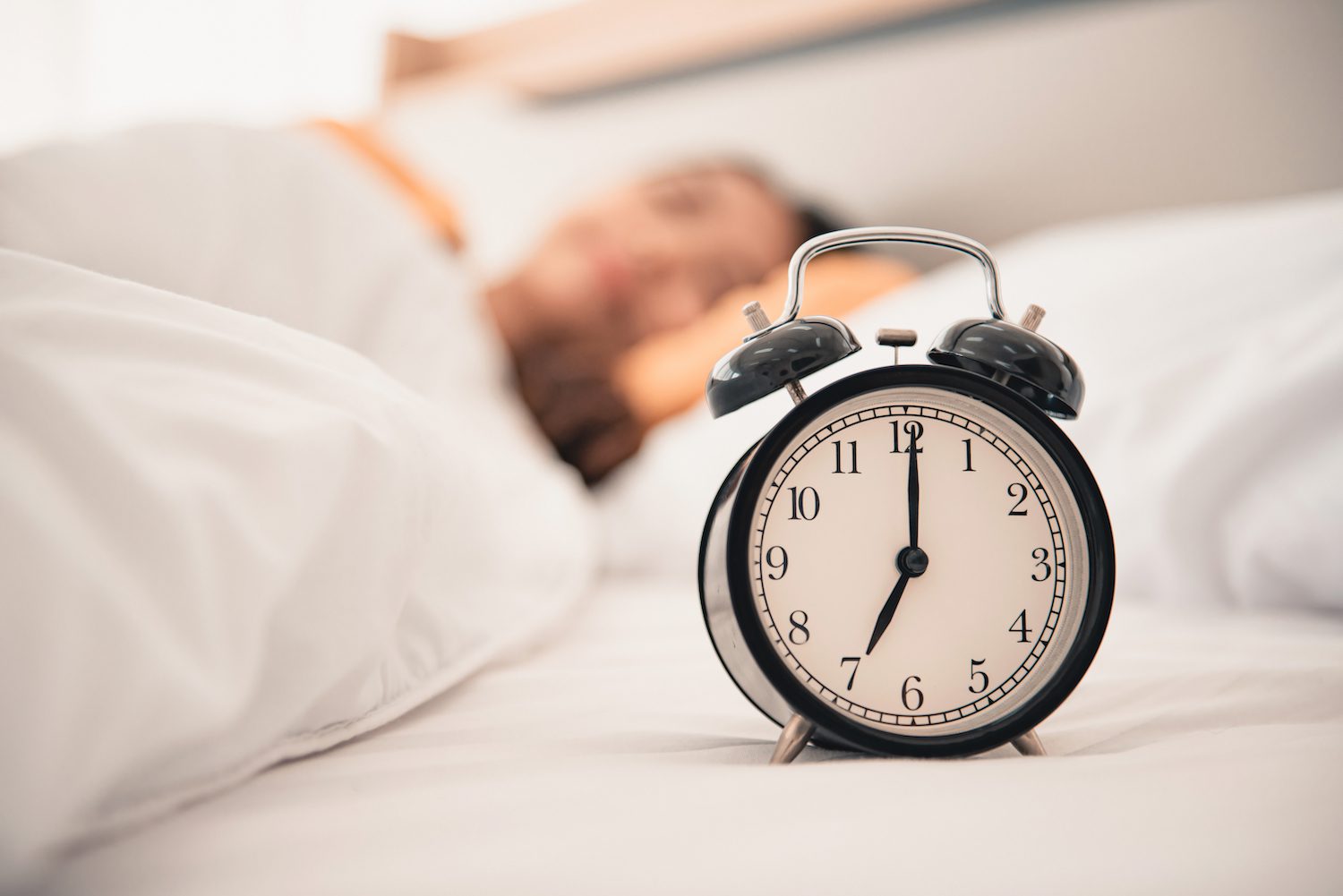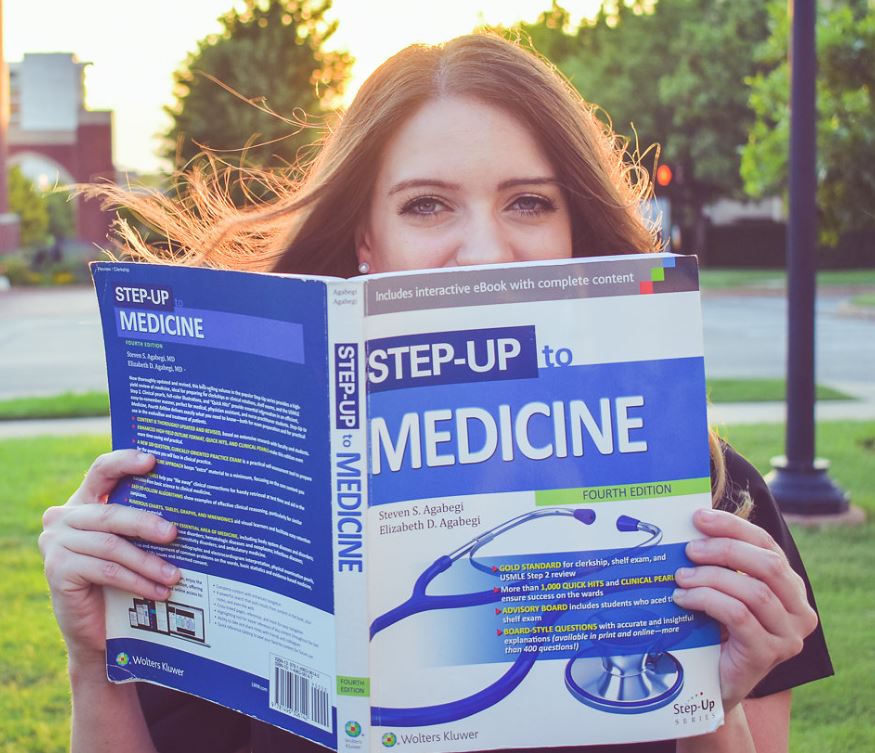- Advanced Practice Pulse
- Posts
- Shedding Light on DST
Shedding Light on DST
Happy Tuesday! Hot topics this week include tips on adjusting to the sleepy spring forward and proposed legislative changes in daylight saving time. Newsflash, it isn’t benefiting our health!

Credit: Giphy
In Today’s Edition:
Will we see an end to ‘springing forward’?
UK PAs celebrate a massive win
History 101: A little background on Daylight Saving Time (DST)
Adverse events spike in March, it’s science
Add an Rx for exercise
The secrets no one tells you as a new NP or PA graduate
ICYMI: In Let’s Talk Dirty we gave the down and dirty details that will equip you with top-notch germ-fighting skills
🩺 APP Trending News

CREDIT: Giphy
Will we see an end to ‘springing forward’?
According to this insightful release from The Hill, the National Conference of State Legislatures (NCSL) has reported that several states have recently proposed laws to abolish clock changes. The catch? According to this Forbes release, state policies are contingent on congressional action who have the power to mandate permanent daylight saving at a national level. Passionate about this topic? Here is a Pro-Tip: Make your voice heard! Keep up with your local and state legislation; letters to your respective policy makers can make a difference! 💡
UK PAs celebrate a massive win
On February 26, the enactment of the AAPAO 2024 was greeted with enthusiasm and a sense of relief among Physician Associates across the UK. Over two decades since the inception of the PA role, and amidst a prolonged struggle for professional regulation, the newly passed regulatory bill officially acknowledges the roles of both Physician Associates and Anesthesiologist Assistants.
⚙️ The More You Know
Shedding Light

Credit: Giphy
History 101: A little background on Daylight Saving Time (DST)
Fun fact: In the 1780’s Ben Franklin inspired the idea of time savings to save money on candles. Needless to say we have evolved and controversy remains heated over the pros, cons, and relevance of this continued practice, which was adopted in many countries across the globe.
Daylight Saving Time (DST) begins the second week in March and lasts until the first week in November resulting in later afternoon sun and dark mornings. The remaining four months are referred to as Standard Time.
The benefits of DST include energy conservation leading to cost reduction and benefits in conservation. On the opposing side, studies reveal spikes in adverse public health and safety events (think spikes in stroke and heart attacks and vehicle accidents). As with all medical decision making, we are arming you with knowledge and resources. This is a topic worth your time because you can make a difference, before the decision has been made for you, on a federal level. (YES, YOUR VOTE MATTERS)
The Sunshine Protection Act remains in the House but this bill makes daylight saving time the new, permanent standard time a permanent standard time which means we do away with the 4 months we “fall back” (Nov-March). (Another fun fact: California is on board). This translates into more ‘winter season’ afternoon sun allowing us to avoid the dark cycle of entering our workdays and schools in the dark and leaving in the dark (hospital workers feel us here). Some argue this aligns with a more regular circadian rhythm.
Enjoy this article from John’s Hopkins which is sure to make you the most interesting person this week!
Adverse events spike in March, it’s science
DST originated as a means to conserve light from March to November with an average sleep loss of 40 minutes. The result is a spike in adverse public health and safety events. Our friendly sleep medicine experts have put some science behind the dangerous practice. This insightful article (and podcast) takes a deep dive into the repercussions of circadian misalignment and “social jet lag” with expert solutions for time adjustment. We love pro-tips!
Add an Rx for exercise
On the topic of sleep deprivation and its mental health toll we found this article insightful and worth sharing with patients and peers. The benefits of exercise is not new news, but this meta-analysis confirms the effectiveness and tolerance of various exercise modalities (e.g., walking, jogging, strength training, yoga) as adjunctive treatments for depression. Results suggest that exercise intensity correlates with efficacy, with group exercises and clear prescriptions showing stronger effects (a prior debate). Preliminary findings also hint at personalized interactions between exercise types and individual patient characteristics, emphasizing the importance of tailored approaches in depression management. We aren’t saying ditch standards of care like psychotherapy and pharmacotherapy but this article gives rise to some very healthy insight!
💡Inspiration for Aspirations
“I love Daylight Saving Time!”
📈Future APPs

Credit: GIPHY
The secrets no one tells you as a new NP or PA graduate.
‘Tis the season for new employment. Don’t delay joining our national and state organizations (AANP & AAPA). There is a wealth of helpful information out there. Pro-tip: Use a professional to build your resume/CV and find a career coach in the field using LinkedIn.
What No One Tells You As A New NP Grad
Do you want to make a smooth transition from RN to nurse practitioner? Consider these 17 tips from experienced practitioners.
What They Didn’t Tell Me in PA School
When Hillary Bennett graduated from PA school and landed her perfect job, she didn't expect to have to wait five months to start working.
🔎ICYMI
In Let’s Talk Dirty we gave the down and dirty details that will equip you with top-notch germ-fighting skills.
I wipe my stethoscope after every patient, do you?
Closing the lid on germs
Hold the hand hygiene (unless you work in the ED)
Candida auris, an emerging health threat
Looking for a sick resource for FREE CME?
ICYMI: New Year New Me, for the latest resources to keep those healthy resolutions going!
You don’t want to be the only interesting APP at the water cooler. Please share, subscribe, and let us know what you would like to see in upcoming editions! Aspire to add content contributions to your CV or your accomplishments? Please share your knowledge. We would love to hear from you!
Email [email protected]





